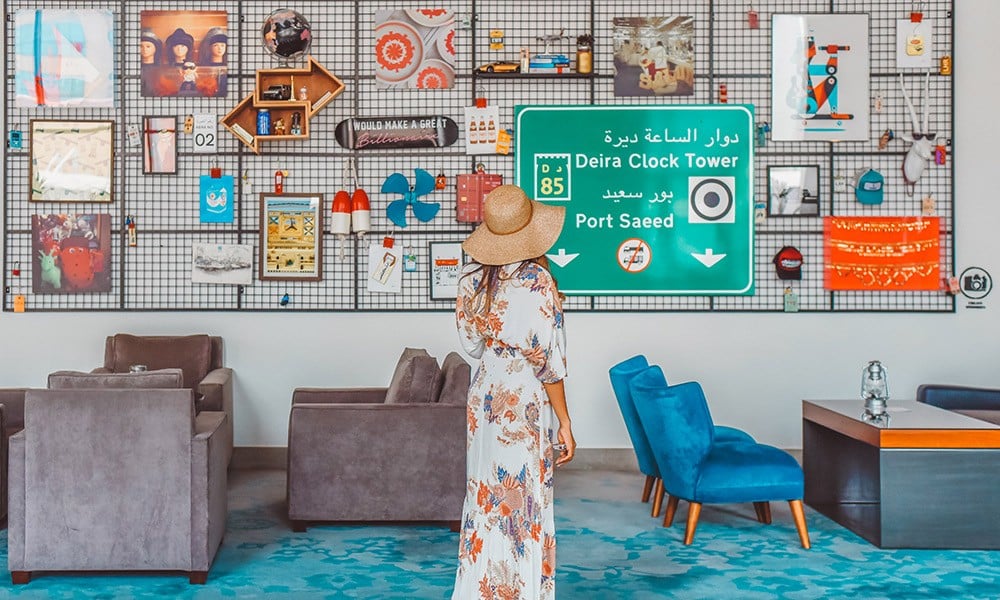As international passenger traffic increases in the Middle East, so does the competition for destinations and hotels to stand apart. ATM 2024 brought together industry experts who shared three ways to effectively increase brand appeal.

1.Video content for Gen Z
It’s no secret that short and punchy video content is one of the most powerful ways to influence the way Gen Z’s travel. Mobile and community-led search platforms, particularly TikTok, are revolutionising the pre-booking journey, significantly breaking down previous barriers to travel.
A prime example was Albania’s surge in popularity following viral user-generated content sharing its best tourism hotspots. Skyscanner reported a 44% increase in flight searches from the US and UK to Albania as a result. Discussions at Arabian Travel Market also highlight social media’s significance in influencing Gen Z travel choices, with an emphasis on sustainability strategies and value alignment to attract this market.
2. Digital solutions to assist regional passengers
As regional passenger numbers in the Middle East surge to a predicted 429 million this year, aviation experts at ATM emphasise the necessity of innovation and digital solutions to accommodate this growth. Initiatives such as ONE ID creating digital tokens for passengers were highlighted for streamlining passenger facilitation and transforming traditional airport infrastructure. These innovations aim to enhance efficiency while meeting rising demand.
Data sharing was also identified as crucial for optimising operational efficiency, with technologies like Generative AI enabling rapid decision-making. The emergence of digitally native airlines such as Riyadh Air signifies a shift towards technology-enabled guest experiences, with a focus on collaboration with startups for further innovation. Initiatives like AviationXLab underscore the region’s commitment to sustainability and technological advancement in shaping the future of air travel.
3. Authenticity to elevate luxury offering
Rethinking what modern luxury entails, experts stressed the importance of exceptional guest experiences to set hoteliers apart in an oversaturated market.
The need for luxury brands to establish unique value propositions by integrating local culture, art, and cuisine across their product offerings; and personalisation into guest experience cannot be overlooked. In other words, rather than replicating luxury standards uniformly, luxury hotel brands need to prioritise authenticity and engagement, including collaborating and nurturing home-grown talent.
Speaking at the summit, ATM Exhibition Director ME, Danielle Curtis said, “Given the number of players in the Middle East’s luxury hospitality segment, it is no surprise that hoteliers are looking for new ways to stand out from the crowd. It was fascinating to hear such a diverse array of insights from our panellists, who provided some excellent examples of how brands can redefine what modern luxury means to their guests.
